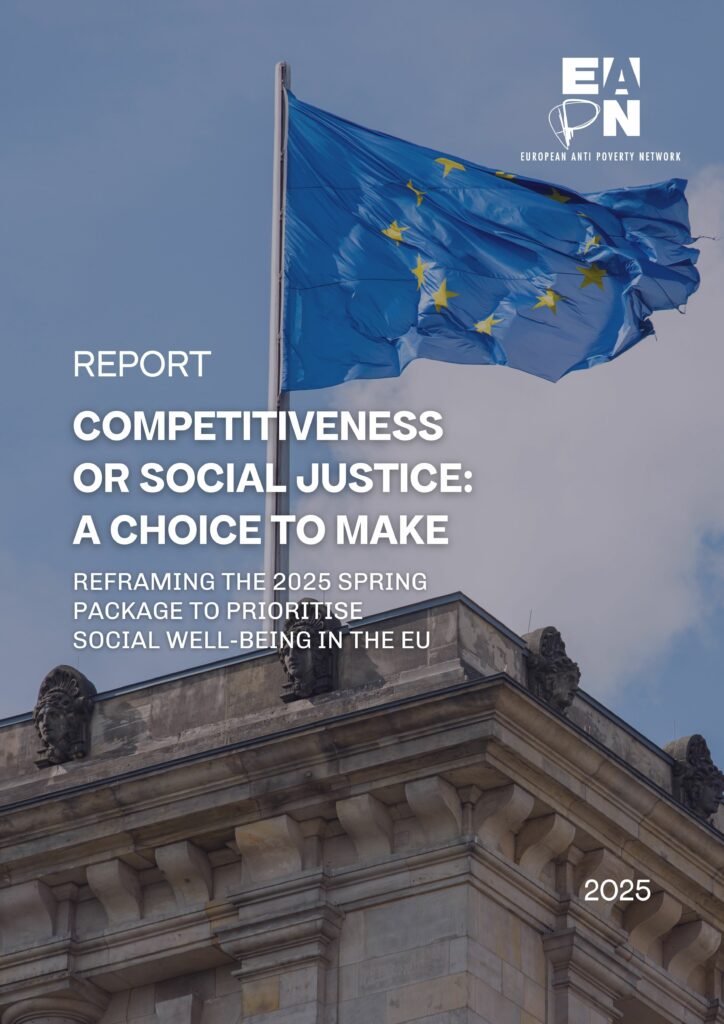
The European Semester and the MFF reflect the framing set out in the Mario Draghi report on The future of European competitiveness, which envisions Europe’s future as a global economic actor propelled by productivity gains, cost reduction, and technological leadership. At the core of this vision is the dominant belief in infinite growth in a world of finite resources. Competitiveness becomes the mechanism to chase that growth model, through the lowering of production costs, downward pressure on labour, and accelerated decarbonisation, measured against models like the US and China, which are scarcely associated with strong labour rights or social protection systems.
What does this mean for Social Europe? The emerging model offers little space for robust welfare systems or democratic control over economic decisions. Instead, it signals a deepening of deregulation and a sidelining of equity-based policymaking. The additional layering of increased defence spending reinforces a securitised vision of Europe, where security is posited as the main sector for growth. This shift raises critical questions: what kind of society is being built, who bears the cost of securitisation, and whose bodies will be mobilised to enforce this vision?
For more than a decade, EAPN has closely monitored the Semester, consistently highlighting its failure to place social rights and poverty eradication at the heart of its agenda. Instead, the Semester continues to prioritise macroeconomic stability, fiscal discipline, unequal productivity gains, and competitiveness over social justice, relegating it to a secondary concern or a stepping stone for the former.
The 2025 European Semester cycle exposes the growing disconnect between the EU’s stated headline targets under the EPSR and the macroeconomic and fiscal policies pursued. Despite commitments to reduce the number of people at risk of poverty or social exclusion by at least 15 million by 2030 – including 5 million children – progress remains deeply insufficient. In 2024, at least 93.3 million people in the EU (over 21% of the population) were still at risk of poverty or social exclusion, only 1.3 million fewer than in 20236.
This bleak reality underlines the urgent need to rebalance the Semester, transforming it into a truly Social Semester that prioritises social justice. Unless the EU and its member-states fundamentally reorient their policies towards social investment and protection, the promise of a fairer, more inclusive Europe will remain beyond reach.
